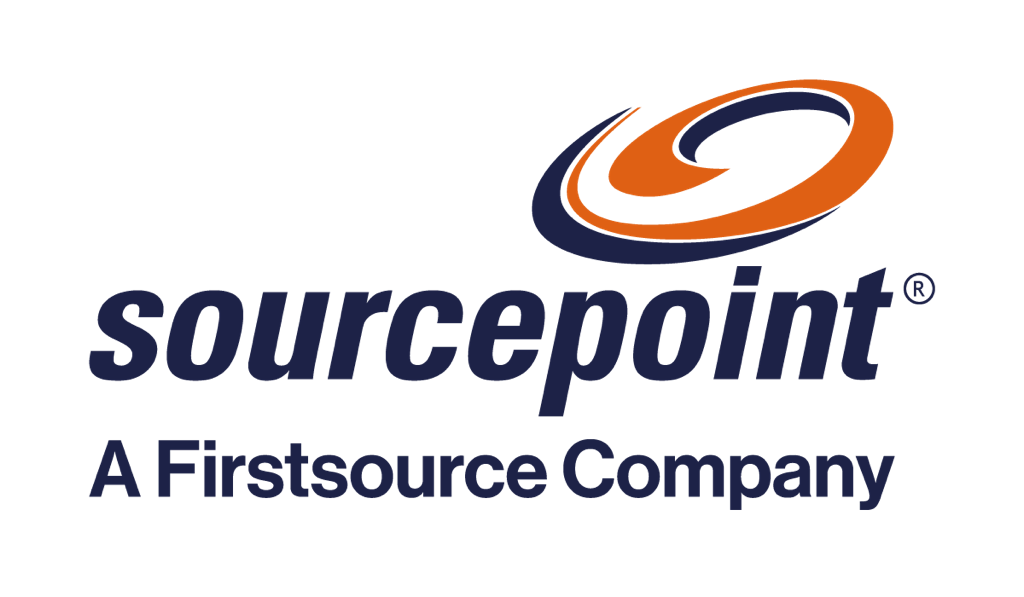Welcome to part 1 of a 5-part series on Agentic AI, that explores the potential to unlock new levels of innovation and transformation in payer operations, services, and care. In this entry, we delve into how Gen AI-powered multi-agent collaboration is transforming claims operations.
Traditional claims processing often involves siloed systems and manual handoffs between different departments. This approach is not only time-consuming but also prone to errors and inefficiencies that are becoming increasingly costly as regulators and consumers demand greater accuracy, timeliness and transparency. It is time for claims operations to be revolutionized with claims processing as a service, and new developments in Gen-AI techniques such as multi-agent collaboration and agentic workflows make that possible.
An agent is an AI-enabled digital worker trained to make human-like decisions and continuously learn from feedback. Agents are built using AI models, business rules, and data. Firstsource, along with its leading health plan clients, is developing “Prebuilt Decision Agents,” which are AI-powered digital workers for claims, prior authorization, appeals and grievances, COB, credentialing, etc. In this approach, multiple agents work together like a team of skilled healthcare workers to create decision-intelligence solutions for targeted business outcomes – higher accuracy, within regulatory timelines and at a lower cost. These agents allow health plans to execute criteria on medical policies, benefits, accelerate the automation of complex enterprise processes such as claims processing and continuously gather feedback to improve their models.
The AI-powered agents are integrated into existing systems such as core administrative platforms, proprietary mainframe/AS400 systems; customer relationship management systems, and processes to enhance them rather than replace them entirely. The claims-as-a-service approach enables orchestration among existing health plan IT platforms, AI-powered agents, and human claims examiners.
Multiple AI agents work together seamlessly to handle various aspects of the claims process. Each agent specializes in a task, such as data extraction, policy verification, member validation, provider validation, pend resolution, COB validation, or payment integrity checks. Unlike rules-driven software bots, these agents adapt, communicate and collaborate in real-time, sharing information and insights to process claims more efficiently and accurately than ever before. This is known as an agentic workflow.
Agentic Workflows: Orchestrating Claims Excellence
Agentic workflows intelligently orchestrate the entire claims process beyond the confines of a single platform. These workflows leverage AI to dynamically route claims through the most appropriate channels, whether that’s automated processing or review by experienced claims examiners.
Key benefits of agentic workflows include:
- Intelligent triage. Agentics automatically categorize and route claims based on complexity, urgency, line of business, state, services, provider specialty and other factors. For example, a transplant claim or an air ambulance claim might be adjusted or likely impacted by missing information and late payment interest; an agentic workflow would catch and accurately route these claims for accurate processing.
- Adaptive processing. The workflow adapts in real-time based on new information or changing circumstances, such as changes in medical policy criteria, new LOBs, or states.
- Seamless integration. Agentic workflows orchestrate actions across core admin platforms, AI models and human experts for optimal outcomes. For example, it will request additional information from the provider or approve the claims based on the execution of criteria; however, it will present the case to a human claims examiner before denying the service.
- Continuous learning. The system learns from each processed claim, continuously improving its decision-making and efficiency.
Claims Process as a Service: The Future of Claims Operations
These advancements culminate with the emergence of claims process as a service (CPaaS). This model offers health plans a flexible, scalable solution that combines cutting-edge technology and human expertise to drive 25%—30% cost savings, ensures timely and accurate payments and significantly improves customer experience
CPaaS leverages:
- GenAI-powered multi-agent systems for rapid, accurate claims processing
- Agentic workflows for intelligent orchestration and optimization
- Cloud-based infrastructure for scalability and accessibility
- Integration with existing systems for seamless adoption
By adopting CPaaS, health plans can:
- Reduce operational costs by up to 30%
- Improve claims processing accuracy to over 99%
- Decrease turnaround times by 50% or more
- Enhance member satisfaction through faster, more transparent claims handling
Implementing Gen AI-Powered Claims Operations
In the realm of claims operations, various edit categories exist, including member-related, provider-related, prior authorization, contract-related and clinical edits. Each of these categories necessitates a distinct set of data, which is stored in corresponding systems and subsystems. Moreover, processing claims within these categories requires specific skills and expertise. The agentic approach facilitates the development of AI-powered agents tailored to each edit category. These specialized agents possess specific skills that can be applied across multiple scenarios, allowing for efficient repurposing. This approach enables a more targeted and adaptable solution to claims processing challenges.
For health plan leaders looking to implement these advanced solutions, consider the following steps:
- Assess current processes: Identify bottlenecks and inefficiencies in your existing claims operations, e.g., transplant claims, COB, provider edits, prior auth edits, etc.
- Define clear objectives: Establish current benchmarks and specific cost reduction and efficiency improvements goals for the selected category of claims.
- Choose the right partners: Select domain experts and technology providers with expertise in Gen AI, multi-agent systems and healthcare claims processing.
- Pilot and iterate: Start with a small-scale pilot, such as with provider match or prior-auth match, to prove the concept, then gradually expand and refine the implementation.
- Invest in change management: Provide adequate training and support to ensure that the claims operations team, including team leads, SMEs, trainers and QA, is prepared for the transition. AI agents are also part of their team, assisting them in achieving their goals.
Claims as a Service with Gen AI-powered multi-agent collaboration and agentic workflows represents the future of claims operations. By embracing these technologies, health plans can transform their claims processes, achieving unprecedented levels of efficiency, accuracy and member satisfaction. As the healthcare landscape continues to evolve, those who adopt these innovative solutions will be well-positioned to thrive in an increasingly competitive market.
Be sure to check out the next part of our article, part 2 in our 5-part series, Digital Twins: Revolutionizing Health Plan Operations & Member Care.
For more information please contact Deepan Vashi, Firstsource, EVP – Healthcare Payer Practice and Solutions. Visit Firstsource relAI, to read about our suite of platforms, solutions, and services that drive responsible digital transformation – for smarter, faster business results.










